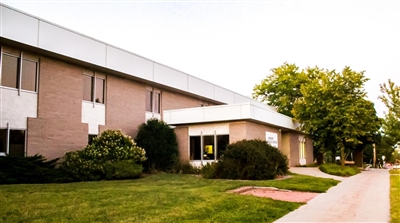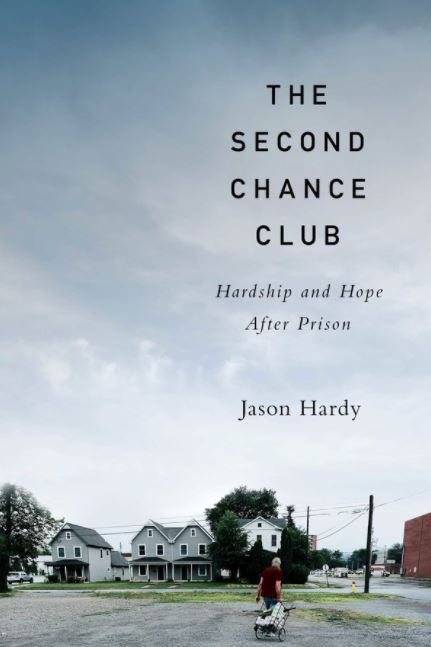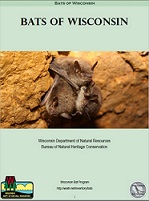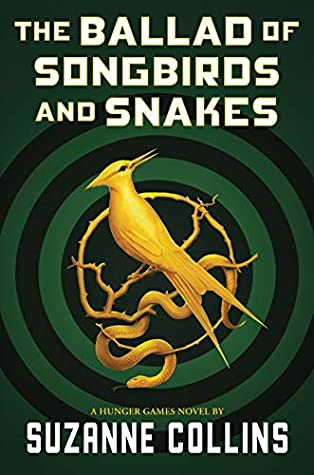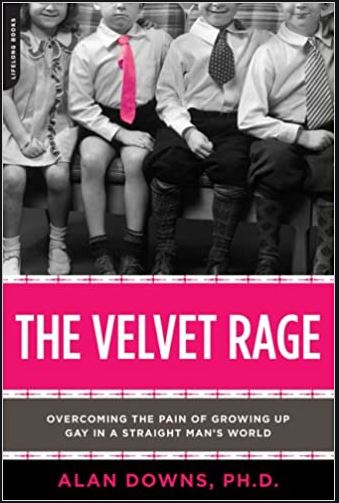
One in a series of reviews contributed by Chancellor Dwight C. Watson
Velvet Rage: Overcoming the Pain of Growing Up Gay in a Straight Man’s World by Alan Downs
Emerson stated that “there is properly no history; only biography.” I like this quote because it captures my thoughts about this book which is a series of vignettes from Dr. Downs’ counseling clients who share their stories about being gay in a straight man’s world. One of my favorite genres is memoir (See Gay and Lesbian Review Newsletter). The life story of a person in a historical context is biography that I crave to understand historical events through the lens of others.
The stories in Velvet Rage are more testimonies than biographies or memoirs, but the ethno-autobiographical way in which the book is written is akin to my qualitative research style. I often capture pieces of my past in my writings. My journey as a gay man growing up in the segregated South in the ’60s is a tale of challenges and opportunities, and the rage I felt around my circumstances did not shackle me, but propelled me to move forward with my life and to focus on aspirations instead of setbacks.
Dr. Downs captures this pathos in his books when he states that most gay men are over-achievers who seek affirmation through accomplishments. The harder the trials and tribulations, the more glorious the triumphs. This is wonderful if the motivation is internal gratification, but the seeking of external affirmations can be limiting, short-lived, and disappointing.
One of the theories in the book is that gay men built their lives around lies. These lies that they tell their families and friends are conditional components of their upbringing. The fact that when I was growing up, I was a sexual outlaw. My interactions with other men were illegal in the United States in the 70s and throughout the 80s. Staying in the closet was the best solution. I often called this my straight drag in which I had to pretend to be dating girls and women. I did all the traditional high school male activities such as going to the prom, escorting women at the debutante balls, taking cotillion lessons in order to learn how to treat women, take them to dinner, open doors, and use proper etiquette for eating white table cloth meals. All of these pronouncements were perpetrations, not preparations and my youth was predicated with a series of lies.
The book surmises that this conditional lying entraps gay men and keeps them longing for absolution and forgiveness which causes them to crave love, honesty, trust, and integrity. As I read the book, I recognized that many of the theories in the book aligned with my journey to self-affirmation and actualization. I am glad that I am through those stages of development and can now chamber that part of my life off and learn from those challenges in order to strengthen my passage to my current realities. I have met my resolve and what might have been a velvet rage is now more of a silky sensitivity in which I reflect on my past in order to confront and comfort my future.
Summaries
- Downs’s spry self-help manual is called The Velvet Rage: Overcoming the Pain of Growing Up Gay in a Straight Man’s World. It is becoming a touchstone in gay culture just as Christopher Isherwood’s Goodbye to Berlin was in the 30s, Larry Kramer’s Faggots in the 70s and Edmund White’s A Boy’s Own Story in the 80s. But The Velvet Rage is not fiction: it addresses the myth of gay pride and, after three decades of post-AIDS concentration on gay men’s physical health, turns inward to their mental wellbeing.
Along my actualization journey, I read each of these books and I agree that they were touchstones of history that enabled me to situate my present realities. Those books were dear to me because they gave me insights into a world I wanted to explore, but too terrified to venture into so I lived vicariously through the early explorations of others.
- The gay male world today is characterized by seductive beauty, artful creativity, flamboyant sexuality, and, encouragingly, unprecedented acceptability in society. Yet despite the progress of the recent past, gay men still find themselves asking, “Are we really better off?” The inevitable by-product of growing up gay in a straight world continues to be the internalization of shame, a shame gay men may strive to obscure with a façade of beauty, creativity, or material success. Drawing on contemporary psychological research, the author’s own journey to be free of anger and of shame, as well as the stories of many of his friends and clients, The Velvet Rage outlines the offered profoundly beneficial strategies to stop the insidious cycle of avoidance and self-defeating behavior,
In many cases, I found that Dr. Downs painted a too tragic picture of gay-identity development. Yes, we have to find our way. Yes, there are no navigational milestones and we attach ourselves to the hetero-normative blueprint. But we are not all shameful and guilt-ridden. We all do not seek ways to harm ourselves and live suffering repressed lives. We are not all gorgeous, fabulous, flamboyant, and swimsuit-runway ready to strike a pose. We are self-constructed, nuanced people that defy stereotypes. One reviewer wrote, “We have created a gay culture that is, in most senses, unlivable. The expectation is that you have the beautiful body, that you have lots of money, that you have a beautiful boyfriend with whom you have wonderful, toe-curling sex every night… none of us have that. To try to achieve that really makes us miserable. The next phase of gay history, I believe, is for us to come to terms with creating a culture that is livable and comfortable.”
Like many of the reviews I read, I, too, am conflicted about this book. While I could relate to many of the author’s points on gay shame and how it affects us, I struggled with the position from which the author was writing. One comment stated, “Early on, the author puts forth a homogenous view of the gay experience, one that oftentimes seemed rich and White. With practically every example the author employs, there’s mention of fabulous wealth, executive careers, and many other hallmarks of affluence that I just couldn’t relate to in my experience. Early on, I had doubts whether or not this book could be applicable to me, given that my experience as a gay man differed so much from the experience the author painted.”
Helpful Sources
- Flynn, P. & Todd, M. (2011, Feb 19). Pride and prejudice for gay men. The Guardian. https://www.theguardian.com/society/2011/feb/20/gay-men-depression-the-velvet-rage this article is really interesting
- G&LR Newsletter: https://myemail.constantcontact.com/The-latest-news-for-you.html?soid=1106253726714&aid=UYyUTfaCaVY
- The Velvet Rage: Overcoming the Pain of Growing Up Gay in a Straight Man’s World. Goodreads.com https://www.goodreads.com/book/show/49418.The_Velvet_Rage – mainly just personal reviews, but helpful with a variety of feedback
- The Velvet Rage: Overcoming the Pain of Growing Up Gay in a Straight Man’s World. Amazon.com https://www.amazon.com/Velvet-Rage-Overcoming-Growing-Straight/product-reviews/1611746450/ref=cm_cr_dp_d_show_all_btm?ie=UTF8&reviewerType=all_reviews – there are a lot of personal reviews on Amazon.com


 Andersen Library’s hours for the Thanksgiving holiday week are:
Andersen Library’s hours for the Thanksgiving holiday week are: Andersen Library’s Winterim hours (Tues. Dec. 29-Fri. Jan. 15):
Andersen Library’s Winterim hours (Tues. Dec. 29-Fri. Jan. 15):



